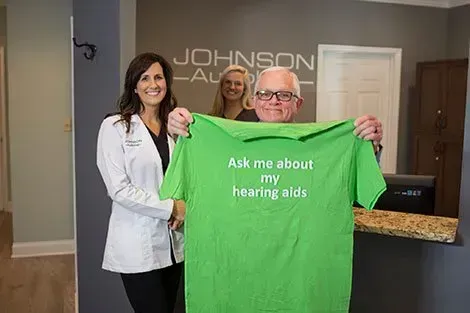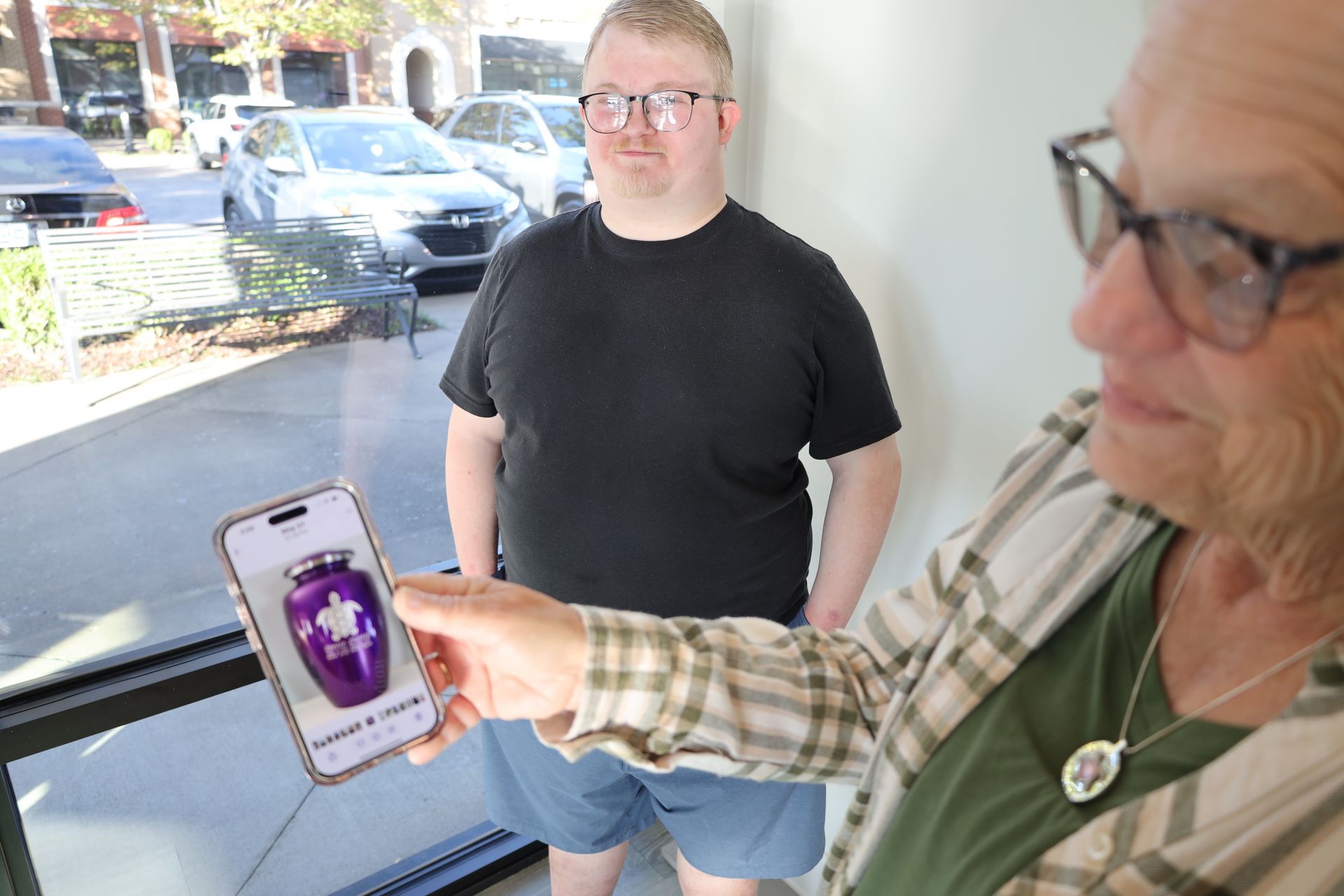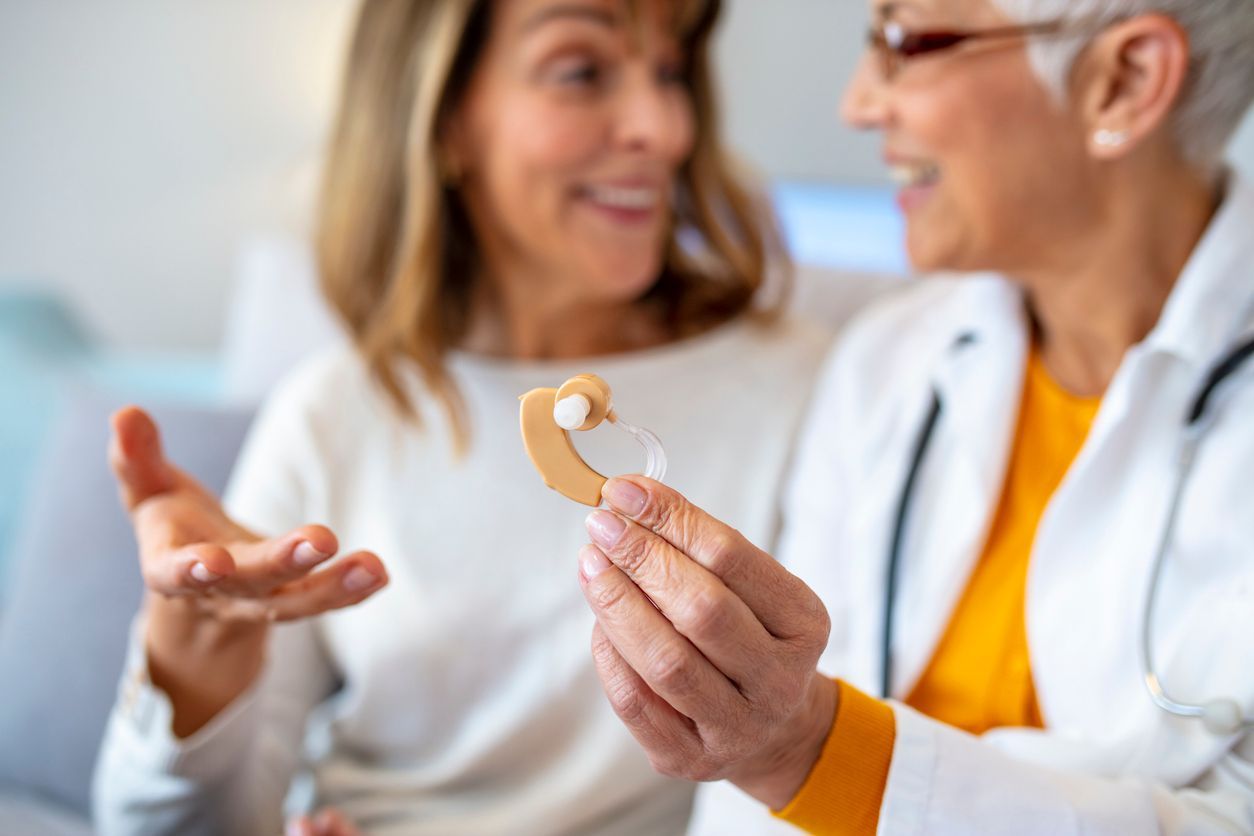7 Reasons you Should Visit an Audiologist for a Hearing Assessment

Hearing problems are widespread and affect many people regardless of age. Did you know that 15% of American adults have hearing problems? This percentage is approximately 37.5 million people. Out of this figure, 28.8 million people can benefit from hearing aids.
If you experience something wrong with your ears, it is advisable to seek medical help from a hearing specialist. Almost everyone can benefit from visiting an audiologist. Start your journey to better hearing with the experts at Johnson Audiology.
What does an audiologist do?
An audiologist is a specially trained professional in hearing health. They specialize in hearing care to diagnose any hearing issues, offer treatment plans, and recommend aftercare. Audiologists evaluate, diagnose, treat, and manage all the hearing-related problems and balance disorders. Among the common hearing problems they manage include:
- Hearing loss
- Dizziness and balance
- Hearing screening and testing
- Tinnitus
- Hearing loss prevention
- Recommendations for hearing aids and other assistive technology
You should consider seeing an audiologist if you are experiencing;
- Difficulty hearing
- Excessive earwax
- Pain in your ears
- Trouble following conservations
- Discomfort in ears
Why should you visit an audiologist?
Even if you don’t have a particular hearing problem, a regular hearing assessment can be beneficial. Below are seven reasons you should visit an audiologist.
1. Check up on your hearing health
An audiologist can help keep your ears and hearing healthy. We examine the physical appearance of your ears as well as your hearing ability. Your hearing ability is considered by administering various hearing tests.
The tests assess the functioning of the ear and its capacity to hear different types, pitches, and volumes of sound. From this, we can determine if you have any hearing issues. The results of the test can assist in diagnosing an ear infection, excessive wax, or hearing loss.
2. Get appropriate treatment plans
Our audiologists conduct in-depth professional tests to diagnose any hearing problem. We then recommend a proper treatment plan to meet your needs. The treatment plan can include using a hearing aid or removal of ear wax to eliminate your diminished hearing so you can hear clearly again. Also, it can be a therapy for tinnitus or a referral to another medical professional.
If you need hearing aids , our audiologists can help you choose the best devices for you. We will then follow up with your treatment plan to ensure that it is effective and make adjustments where needed.
3. Expertise in hearing care
Many people visit a general practitioner when they have hearing issues. Although general practitioners are practical for overall health, they lack understanding in hearing health. Professionally qualified audiologists are the best people to visit when concerned about your hearing health.
An audiologist has the training and experience to treat hearing disorders. They have undergone intense training in all aspects of human hearing and balance. When you visit a hearing specialist, your hearing health is in good hands.
4. Diagnose and treat ear conditions
Audiologists can help with numerous ear conditions ranging from hearing loss to earwax buildup and tinnitus. Earwax buildup, for example, can make hearing difficult and cause discomfort. Using earbuds to remove wax from your ear can damage your eardrum.
However, an audiologist uses the best equipment and technology to clean your ear safely. Similarly, an audiologist diagnoses and treats all conditions related to your hearing, ear health, and balance.
5. Helps you adjust to hearing aids
Imagine coming for a hearing assessment with us in Chattanooga. One of our audiologists recommends hearing aids for your hearing problem. It is your first time seeing these devices. You don’t know how to use them, care for them, and adjust to wearing them. You feel overwhelmed.
Hearing aids can transform your life. You need time to adjust. Fortunately, we can help you to adjust to your new life with hearing aids. We counsel you during the first few months of using the devices, and you enjoy your new life with hearing aids.
6. Becomes your hearing health companion for life
As you age and change environments, your hearing needs change too. For example, exposure to loud noises affects your hearing. We support you right the way through, from your first appointment with us to your follow-ups and hearing aid check-ups. We’ll be on hand to provide care, advice, and treatment to safeguard your hearing health. Most importantly, our audiologists offer advice to protect your ears from future damage according to your lifestyle.
7. Enhances your lifestyle
An audiologist provides treatment for your hearing problems to improve your lifestyle. Whatever hearing problem you may have, we can recommend the best treatment to restore your sense of hearing.
Improved hearing enhances your quality of life in many ways. It allows you to enjoy everyday sounds, communicate effectively with others, and minimize misunderstandings. Also, improved hearing enables you to enjoy life to the fullest without frustration, isolation, and pain.
You should visit an audiologist as often as you visit your doctor or dentist. You should have a hearing assessment regularly even if you don’t have pre-existing conditions. You may only discover you have a hearing problem when you visit an audiologist.
By visiting us, you could gain insight into your hearing to enhance your lifestyle, and get your hearing problems addressed. Contact Johnson Audiology to take your first step to improved hearing.
Recent Posts



